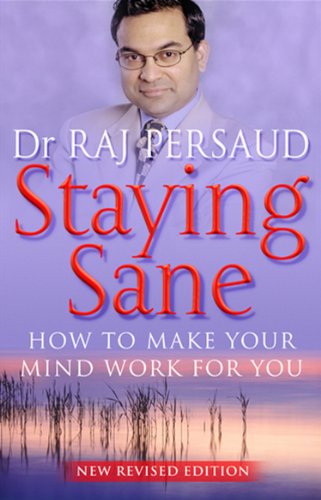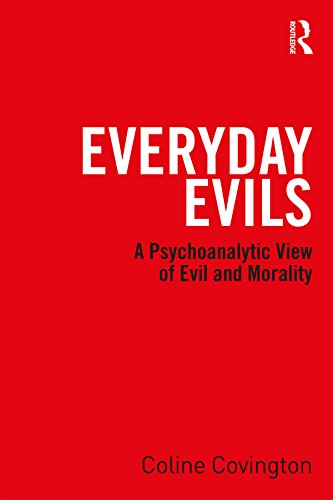Everyday Evils takes a psychoanalytic examine the evils dedicated by way of "ordinary" humans in numerous contexts – from the Nazi focus camps to Stockholm Syndrome to the atrocities publicized by way of Islamic nation – and provides new views on how such evil deeds take place in addition to the extraordinary ways that we deny the lifestyles of evil.
Concepts of staff behaviour, morality, trauma and forgiveness are reconsidered inside of a multi-disciplinary framework. The psychodynamics of dissociation, and the ability to witness evil acts whereas engaging in them, bring up questions on the beginning of morality, and in regards to the function of the staring at ego in keeping psychic equilibrium. Coline Covington examines how we demonize the "other" and the way violent activities develop into normalized inside of groups, reminiscent of throughout the Rwandan genocide and varnish pogroms. the hot charm of the millenarian theocracy of the Islamic country additionally highlights our fascination with violence and demise. Covington emphasizes that evil comes approximately via numerous motives and is very contextual. it's our capability to recognize the evils we are living with, witness and dedicate that's very important to how we deal with and reply to violence inside ourselves and others and in mitigating our innate destructiveness. In end, the ebook addresses how participants and societies come to phrases with evil, besides the complicated idea of forgiveness and the recovery of good.
Everyday Evils blends psychoanalytic strategies including the disciplines of sociology, historical past, anthropology, philosophy, theology and reports of violence so one can strengthen a richer, deeper and extra accomplished knowing of evil. aspiring to make the unthinkable thinkable, this booklet will attract students from throughout these disciplines, in addition to psychoanalysts, psychotherapists and someone who has ever requested the query: "How may a person do anything like that?"









